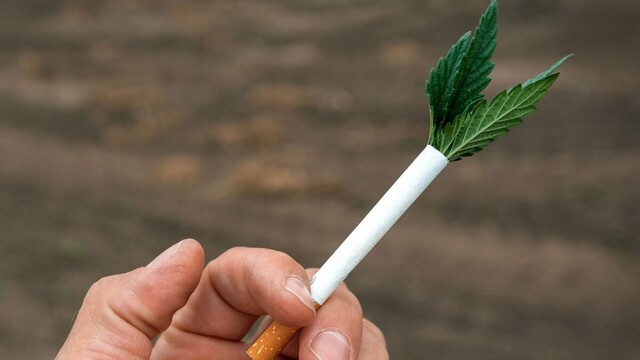From Tobacco to Hemp Cigarettes: Lessons Learned from the FTC and FDA

The sale of hemp-derived cigarettes is legally allowed under federal law, but it is important to remember that packaging and labeling these products as a “smoking cessation” tool is still subject to regulation by the Food and Drug Administration (FDA). The FDA Center for Tobacco Products is responsible for regulating traditional tobacco products like cigars, cigarettes, and roll-your-own tobacco products, while the Center for Drug Evaluation and Research (CDER) oversees the approval of smoking cessation products.
Section 911(a) of the Food, Drug, and Cosmetic Act (FD&C Act) prohibits the introduction into interstate commerce of any “Modified Risk Tobacco Product” (MRTP) without an FDA order in effect for that product. Section 911(b)(2)(A)(i) defines MRTP as “tobacco product if its label, labeling, or advertising explicitly or implicitly represents: (1) the product presents a lower risk of tobacco-related disease or is less harmful than one or more other commercially marketed tobacco products; (2) the product or its smoke contains a reduced level of a substance or presents a reduced exposure to a substance; or (3) the product or its smoke does not contain or is free of a substance.” The term MRTP includes Nicotine Replacement Therapy (NRT) products that are used to help existing tobacco smokers quit smoking or reduce their overall usage and there are products with and without nicotine approved by FDA. The classic example of an NRT is nicotine gum or patches.
If you sell hemp products as a replacement for nicotine or tobacco use, you must submit a New Drug Application to CDER for approval as a smoking cessation product. However, products that do not contain any form of tobacco or nicotine may or may not be subject to these same requirements—the FDA has stated that they will determine enforcement actions on a case-by-case basis.
Notwithstanding the FDA’s enforcement policy, the Federal Trade Commission (FTC) has already indicated that it is ready and willing to enforce provisions of the FTC Act when it comes to cannabis-containing products. The FTC has a history of regulating in areas where the FDA does not clearly have jurisdiction. For example, Prior to enactment of the federal Tobacco Control Act of 2009 (TCA), the FDA did not have the explicit legal authority to regulate NRT products but that did not prevent the FTC from regulating these products based on claims about smoking cessation benefits.
The FT&C Act is broader than the FD&C Act because it bans deceptive and misleading statements related to health, which would include the use of claims that indicate a hemp product is effective at reducing nicotine cravings or helping tobacco users quit smoking altogether, generally speaking. The regulation and enforcement of claims that relate to smoking cessation are well within the FTC’s legal authority. However, it is unlikely that the FTC would or could take action if a company that manufactures such a product maintains documentation that support the manufacturer’s smoking cessation claims. If a company produces evidence (at least one or two clinical studies) to the FTC in response to a warning letter, then the FTC will consider that evidence in relation to the claims—but only evidence that is clinically significant. For example, a study that involves four patients over the course of one month would not receive significant deference by FTC officials, but a study of hemp cigarettes that demonstrates the efficacy of such products for use in smoking cessation and/or reduction that is also published in a peer-reviewed medical or scientific journal would be much more persuasive.
The more documentation you have on hand, the better, but it is no guarantee that the FTC will maintain its own position with respect to certain scientific evidence produced in response to a theoretical enforcement action. In all likelihood, the FTC will consult with FDA officials when it comes time to review the available scientific evidence, at least until we have a more significant understanding of how the FDA will regulate hemp and hemp products, including hemp cigarettes.
You can contact Emily Burns at info@gl-lg.com or (503) 488-5424.
